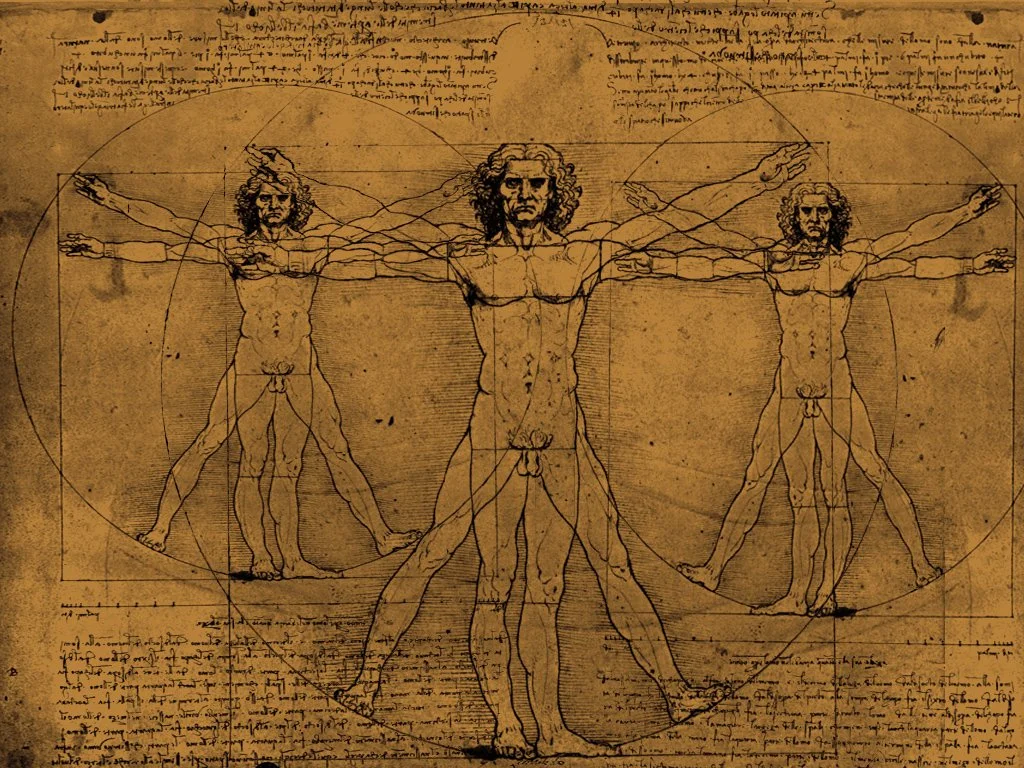The Da Vinci Project 2.0 - A Secret Note for Future Career Leaders
MA Dissertation at the Royal College of Art
TABLE OF CONTENTS
Preface
01. Your Job
02. Chaotic Job Perception
03. The Career Leaders
04. Self-Expression
05. The Potential
06. Current Trends
07. Application
08. The Next Da Vinci
Bibliography
PREFACE
Personally, I am a very culture-sensitive designer. What I mean by ‘culture’ is not only an ethnic or a regional aspect, but more about personal, tribal and generational features; for instance, a hidden family tradition or an ethos shared by a particular profession. All those issues are mostly embedded and veiled by everyday life we take for granted, so it takes more effort to reveal the underlying meaning of them. Unsurprisingly, the exploration that I went through for months also came from a kind of nerdy introspective discovery of individual working culture, but I believe it has something worth sharing with people in order to inspire them to express their inside to the outside world.
Although we have diverse ways to expose our personal value, when it is embraced through one’s professional career, there will be a huge potential for both self-development and the entire occupational evolution, and you will then witness that your personal vision creates a novel position of your own over the conventional professionalism. In this context, I would like to present the key characteristics of career-leading professionals and forecast the future they will build up by expressing their values.
CHAPTER 01: YOUR JOB
Here is a movie called ‘Drive’1 that aroused my interests on this whole exploration and it all started from the protagonist’s multiple jobs.
“Driver (Ryan Gosling) is a Hollywood stuntman with a toothpick in the corner of his mouth, wearing a sleek bomber jacket with a scorpion on the back. Secretly, he also works for scary criminals as a wheelman, a getaway specialist; he gets top dollar, because he’s the very best. With no fear, he can drive at terrifying speeds with extraordinary manoeuvrability; he has a sixth sense for cop cars and police helicopters.”
In the film, the hero is doing two jobs in order to make a living: working as a stuntman and a getaway driver. Also, his driving is the most effective way of showing his emotion to the people he cares about. ‘Driving’ might be his essential talent that could make him financially secure and also communicate with the world at the same time.
Indeed, we cannot tell which is his real job and which one on the side, and it is ambiguous what is his main job title, but ironically, those two jobs that he is equally doing are placed in very different positions in the job segmentations (assuming that we can call a getaway driver a ‘job’.) The story does not designate which is his title to the end and we even cannot find out his name from it, but the only thing we know is that he is a ‘driver’. So I am interested in the question; what would you call him?, or what would he label himself in his mind? This little thought, accidentally evoked by the movie, really inspired me to think about the professional job perception issues, especially about the impact the job titles have on people’s work ethics and career perception, and what will be the potential for future occupational change.
In his old diary called the ‘Da Vinci Notebook’, you can see massive and aggressive exploration of various agendas but at the same time it shows a deep understanding of the human nature, and that core interest of what Da Vinci have been illustrated in his masterpieces. The note is one of the evidence of his introspection towards outrospection.
Let us consider the life of Leonardo Da Vinci. He was a painter, architect, draftsman, sculptor, geologist, musician, engineer, mathematician and writer. This does not only mean that he was a genius but also that he had been allowed to express his core interests and talents in many different ways. It is quite plausible to imagine that had Da Vinci been born in our contemporary society, he might have been a painter, or a geologist as he would be living in a way that categorised world by the industrial mechanism rather than by the natural talents and personal goals.
I have seen many people who are restricted in terms of their capacities due to inflexibility of the current working environment and I believe that innumerable talents and abilities in the world are overshadowed by the same reason. In the context of this confined perspective on occupations, we are in dire need of re-imagining our job titles and transforming the paradigm of occupations.


